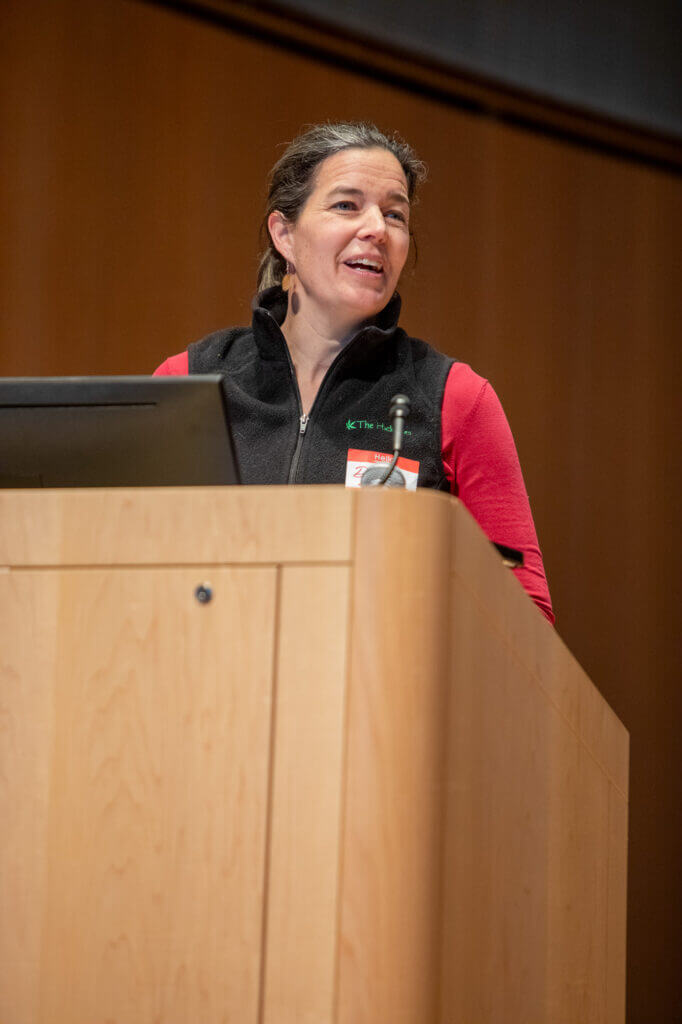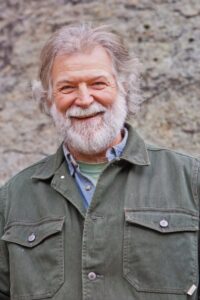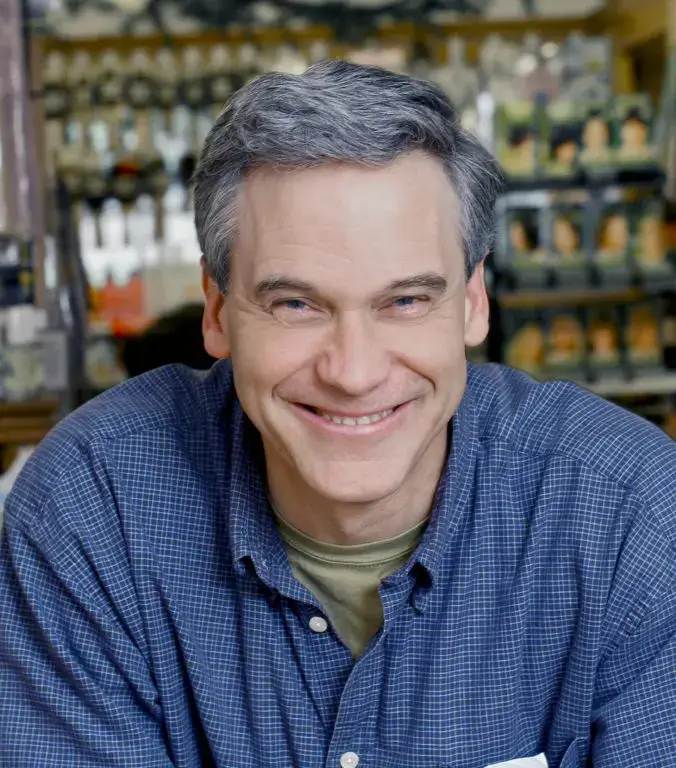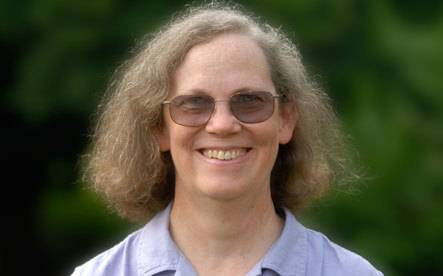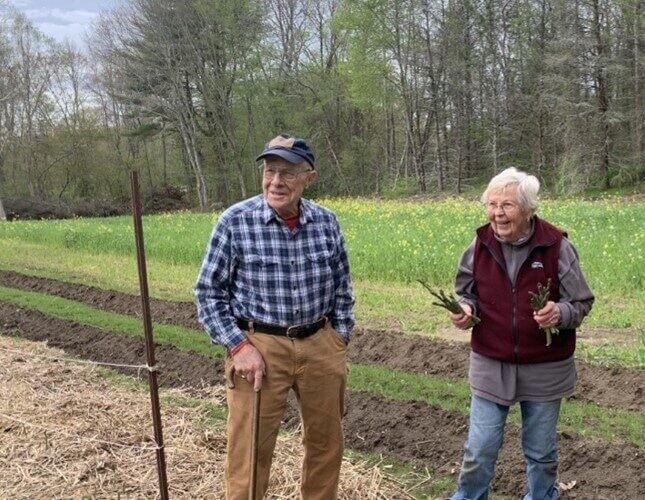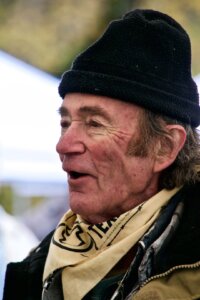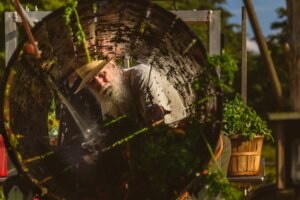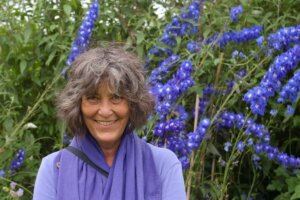
Bill Duesing Award
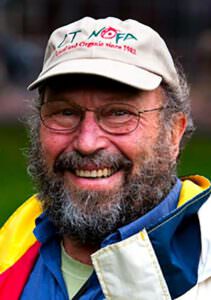
Bill Duesing
Bill Duesing founded CT NOFA, The Northeast Organic Farming Association of Connecticut, in 1982, and when he announced that he was facing the final chapter of his life, he said, “I trust my colleagues in this mission will continue their efforts to realize a sustainable and joyful future for all.” Bill passed on July 12, 2018.
In his honor, Bill’s many friends have joined with CT NOFA to carry on his legacy through the creation of “The Bill Duesing Organic Living on the Earth Award.”
Bill’s passion for conservation, organic farming and land care, activism and advocacy, and education can be seen throughout Connecticut in his life’s work. From the expansion of organic farming and landscaping, to the founding of CT NOFA and Common Ground High School, to the legislative efforts that led to tangible impacts on the environment (such as the statewide ban of synthetic pesticides on school grounds), we honor Bill by continuing his unfinished work through education and advocacy.
This award is given to an individual or organization who has worked to advance organic living on our earth and supports the continuation of the life work of Bill Duesing. We continue to cherish the legacy of our founder through this annual celebration of his many contribution.
PREVIOUS BILL DUESING 'ORGANIC LIVING ON THE EARTH' AWARDEES
Richard Hill & Kevin Gallagher
The 10th and 11th recipients of the Bill Duesing Organic Living on the Earth Award
WPKN (89.5 FM and at WPKN.org) is a community supported, free form, eclectic FM radio station based in Bridgeport, Connecticut. Richard Hill and Kevin Gallagher both have shows on the station that focus on and promote sustainable, regenerative, organic agriculture and land care. Guests range from renowned climate scientists and authors to local Connecticut and New York farmers, gardeners, and sustainability advocates. Together, they explore organic farming, soil health, and regenerative practices, empowering listeners to reimagine their relationship with the land-from backyard gardens to urban lots.
The bi-weekly Organic Farm Stand, which airs on the first and third Thursdays of each month at noon, has been hosted by Richard Hill for decades. Diane Lauricella co-hosts. Bill Duesing was a regular on the show, along with the late Guy Beardsley, who gave a thorough farm report. Bill discussed organic theory and practice, as well as giving legislative updates. Currently, Kim Stoner provides updates in legislative matters, while Guy's role is filled delightfully by Steve Munno from Massaro Community Farm in Woodbridge. Beekeeper Vincent Kay is a regular guest on the show as well. His wealth of knowledge about bees and beekeeping is singular.
In addition to his wonderful music show, Curator of Eclectic Soundscapes, which airs every other Monday at 5pm, Kevin Gallagher helms Digging in the Dirt, the acclaimed hour-long interview program which airs on the second and fourth Thursdays of the month at noon (alternating with The Organic Farm Stand).
Digging in the Dirt amplifies voices pioneering sustainable laws, eco-friendly innovations, and community-driven solutions, offering actionable ideas to nurture ecosystems for people, wildlife, and future generations.
Kevin also produces Environmental Headlines for a Planet in Crisis. This recurring segment airs multiple times, weekly, keeping audiences informed on pressing ecological issues.
Both Richard and Kevin make critical contributions to the organic movement on WPKN. "Radio is a tool for connection," says Kevin. "Whether you're planting a seed or fighting for policy change, your voice matters here. Tune in, speak up, and help cultivate a healthier planet - one broadcast, one garden, one community at a time."
They are both so very deserving of the honor of receiving the 7th annual Bill Duesing Living on the Earth award in the Advocacy Category.


